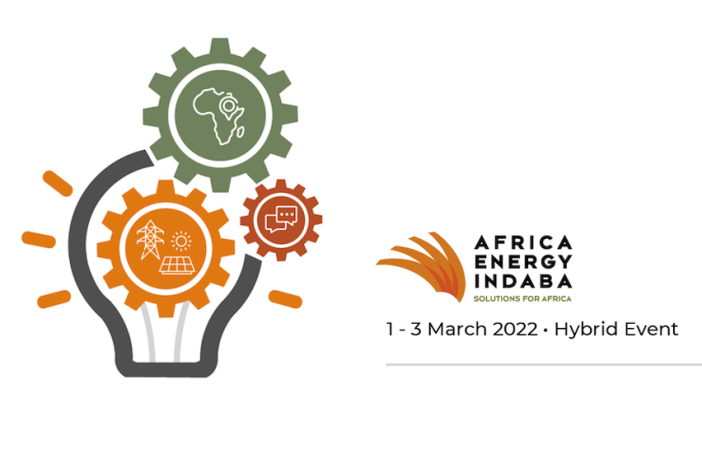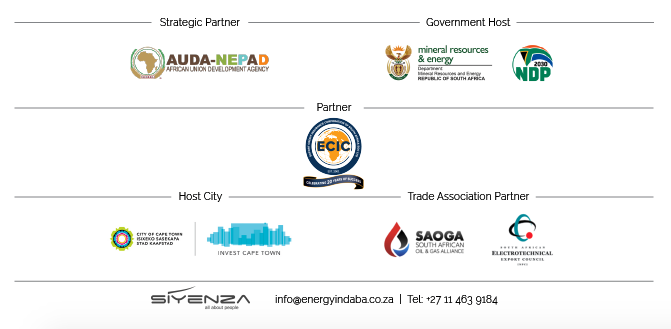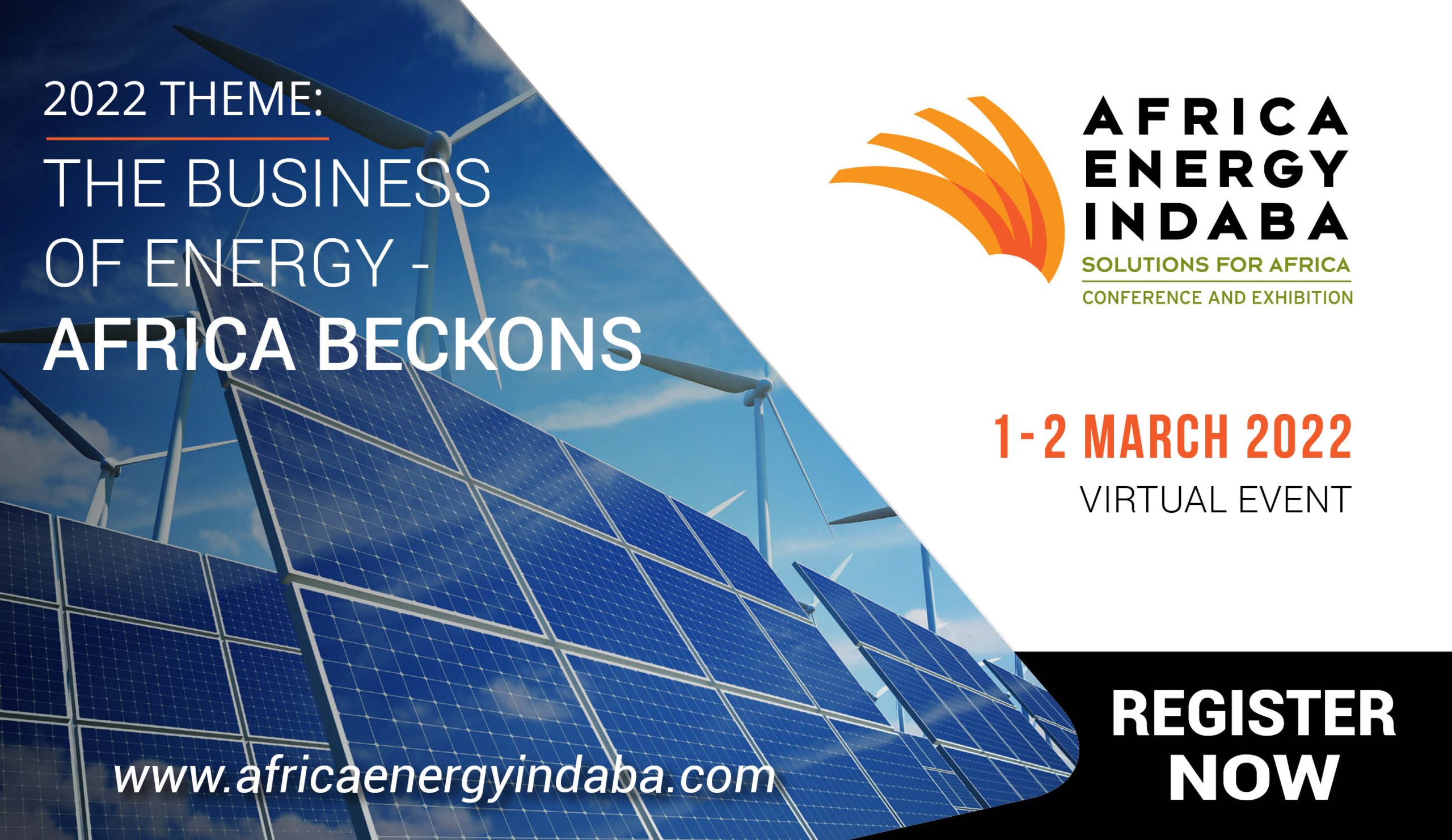- The International Renewable Energy Agency (IRENA) surmises that renewable energy capacity in Africa could attain 310 GW by 2030; ultimately placing the continent at the forefront of renewable energy generation globally.
DECLINING COSTS OF RENEWABLES
According to a new report by the International Renewable Energy Agency (IRENA), costs of renewable energy technologies continued to fall year-on-year in 2020 with the global weighted-average levelised cost of electricity (LCOE) from new capacity additions of concentrating solar power declined by 16%.
Approximately 62% of total renewable power generation added last year had lower costs than the cheapest new fossil fuel alternatives. Moreover, last year, new onshore wind installations documented a 13% cost reduction as compared with 2019, succeeded by offshore wind with a 9% decline and utility-scale solar PV by 7%.
IRENA’s Director-General Francesco La Camera remarked: “Today, renewables are the cheapest source of power.”
HIGHER RISK/RETURN PROFILE FOR CLEAN ENERGY
According to a report by Imperial Business School and the International Energy Agency (IEA), there has been three times as much investment in renewable power than in its fossil fuels counterpart over the last decade, underscoring the reduction in fossil fuels and acceptance and adoption of a sustainable future.
Further, performance of renewable portfolios proved steadier globally in contrast to fossil fuels which demonstrated more volatile.
The report found that unlike fossil fuels, the renewable investment market proved more resilient to the pandemic. The results therefore indicate a better risk against return profile for renewable power in both typical market conditions and during more turbulent times for the global economy.
To further demonstrates the immense growth of renewables, IEA’s 2021 market update included a compelling statistic:
“In 2020, annual renewable capacity additions increased 45% to almost 280 GW – the highest year-on-year increase since 1999. Exceptionally high-capacity additions become the “new normal” in 2021 and 2022, with renewables accounting for 90% of new power capacity expansion globally.” (IEA, 2021)
AFRICA’S TIME IS NOW
Africa has vast access to natural resources such as solar and wind. Effectively, Africa receives over two and a half times what a world leader in solar renewables, being Germany does. Globally, Africa has an almost unlimited potential of solar capacity (10 TW), abundant hydro (350 GW), wind (110 GW), and geothermal energy sources (15 GW), subsequently indicating the enormous potential of Africa having access to these renewable resources.
Such accessibility to clean energy alternatives therefore renders the continent’s renewable solutions cost efficient. This very dynamic will reform the energy landscape in Africa. While the continent has previously trailed behind developed nations in the adoption of renewable energy, this scenario will change as Africa’s interest in renewable energy increases.
Africa has the potential to pave the way for the world in scaling-up and generating renewable energy if it is able to successfully harness and realise its renewable energy potential thereby contributing considerably to securing a sustainable future on both a continental and global scale.
By attracting more funding into renewable energy sources, Africa could mitigate the most pertinent challenges of the future, thereby reducing its carbon footprint, whilst simultaneously creating new employment opportunities and improving energy access to the millions of people without.
Moreover, the political and economic climate in Africa has improved over the past 20 years, affording the continent a viable investment decision for international stakeholders. Having an abundance of natural resources for power generation, combined with an increased interest in low-carbon technologies, the region’s energy landscape is undergoing a positive transition, whilst simultaneously creating a multitude of opportunities for African nations to harness.
With this said, 2022’s Africa Energy Indaba is set to make a sustainable and positive impact on the continent’s energy landscape by enabling attendees to identify significant investors, project owners, developers, financiers, influencers and energy leaders, thereby giving them the means to not only survive, but thrive in this intensely competitive sector. Attending this event affords attendants with superior knowledge to develop advanced solutions and business models to grow competitive and sustainable businesses within the energy landscape, ultimately contributing to Africa’s economic growth.
To obtain a copy of the conference programme click HERE
Participate in 2022’s Leading African Energy event:
Enquire directly: info@energyindaba.co.za / Learn more: africaenergyindaba.com or call +27 (11) 4639184





















